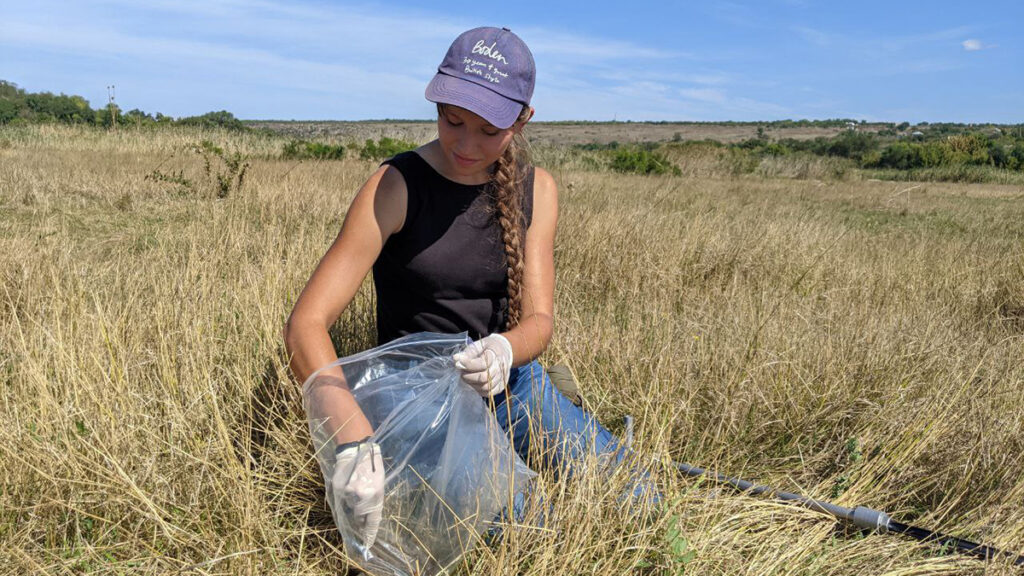Ukrainian scientists race to document soil fungi amid ongoing war


Ukrainian scientists are racing against time to document the country’s soil fungi, contributing to a global database and potentially assessing the environmental impact of the ongoing war. The project, which began in July 2023, involves 34 contributors in 17 teams collecting 225 soil samples across 21 of Ukraine’s 24 regions, including areas close to the front lines, Eos reports.
After Russia started its full-scale invasion of Ukraine in 2022, Oleh Prylutskyi, an associate professor at Kharkiv National University, initiated the project after realizing Ukraine lacked data points in a global analysis of fungal communities. The analysis was conducted by the Society for the Protection of Underground Networks (SPUN). With funding from the Human Frontier Science Program (HFSP), teams across the country began gathering soil samples for environmental DNA (eDNA) analysis.
The project aims to reveal Ukraine’s fungal species diversity, which is crucial as only 92% to 95% of fungi worldwide have been scientifically described. Preserving this biodiversity is important for potential economic, health, and ecosystem benefits.
Researchers faced various challenges during the sampling process. Prylutskyi and his wife, Alona Prylutska, conducted soil sampling and bat surveys in central and western Ukraine, sometimes working by lamplight. Another team, comprising botanists Dariia Borovyk and Kateryna Lavrinenko, focused on minimally disturbed areas to study soil microflora.
The project’s most dangerous sampling point was at the bottom of the drained Kakhovka Reservoir, just 4 kilometers from Russian-controlled firing positions. Prylutskyi emphasized that while the project never encouraged unnecessary risks, many Ukrainian scientists view their work as a way to push scientific frontiers despite the ongoing war.
The collected soil samples are now being analyzed in labs in the US using DNA metabarcoding techniques. This method helps identify microscopic fungi species and their relative abundance. Results are expected by the end of the year.
Julia Köninger, a soil ecologist at the Universidade de Vigo in Spain, highlighted the importance of documenting soil health, as war introduces pollutants and physical damage to soils. The project’s findings could provide a reference point for assessing war-related environmental damage and understanding long-term ecological impacts.
Related:



